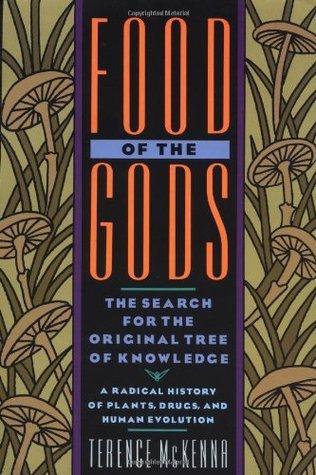Home | Last Updated on2025/11/16
Terence McKenna
Exploring the Evolutionary Impact of Psychedelics on Humanity.

Author: Terence McKenna
Narrator: Brian
Format: MP3
ISBN: 9780553371307
Language: English
Publish Date: 01/01/1992
Audiobook length: 31min
The audio file is large, please allow a moment for loading
The summary audiobook of "Food of the Gods" by Terence McKenna is ideal for curious minds interested in the intersection of anthropology, botany, and psychedelics. It appeals to those looking to explore the profound relationship between humans and psychoactive plants throughout history, as well as individuals seeking insights into the cultural and spiritual implications of these substances. This audiobook is particularly valuable for students, researchers, and anyone keen on understanding the role of psychedelics in shaping human consciousness and society.

Building a Nonprofit Platform for Universal Access to Cultural Heritage
Organization:The Digital Voice Heritage Foundation (DVHF)
Address: 646 Michigan Ave, Chicago, IL 60611, USA
Email: audiobookfree25@gmail.com